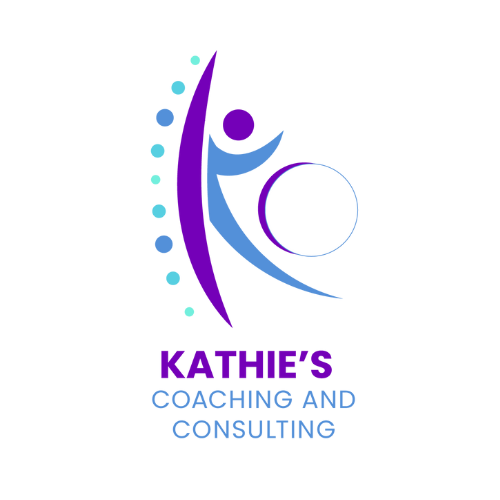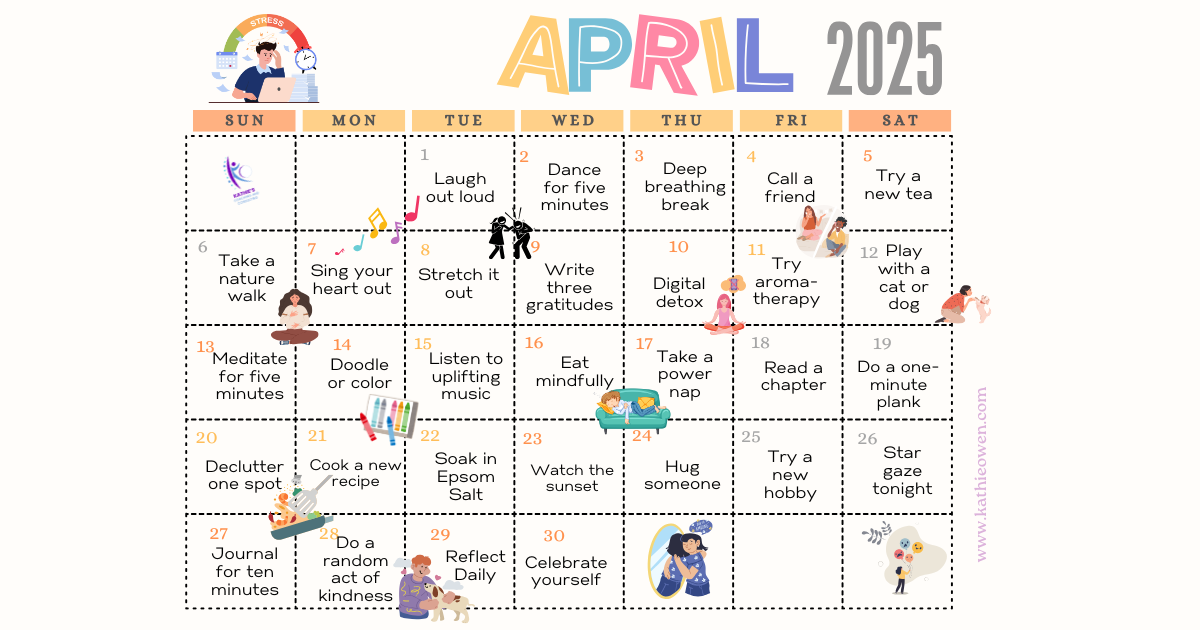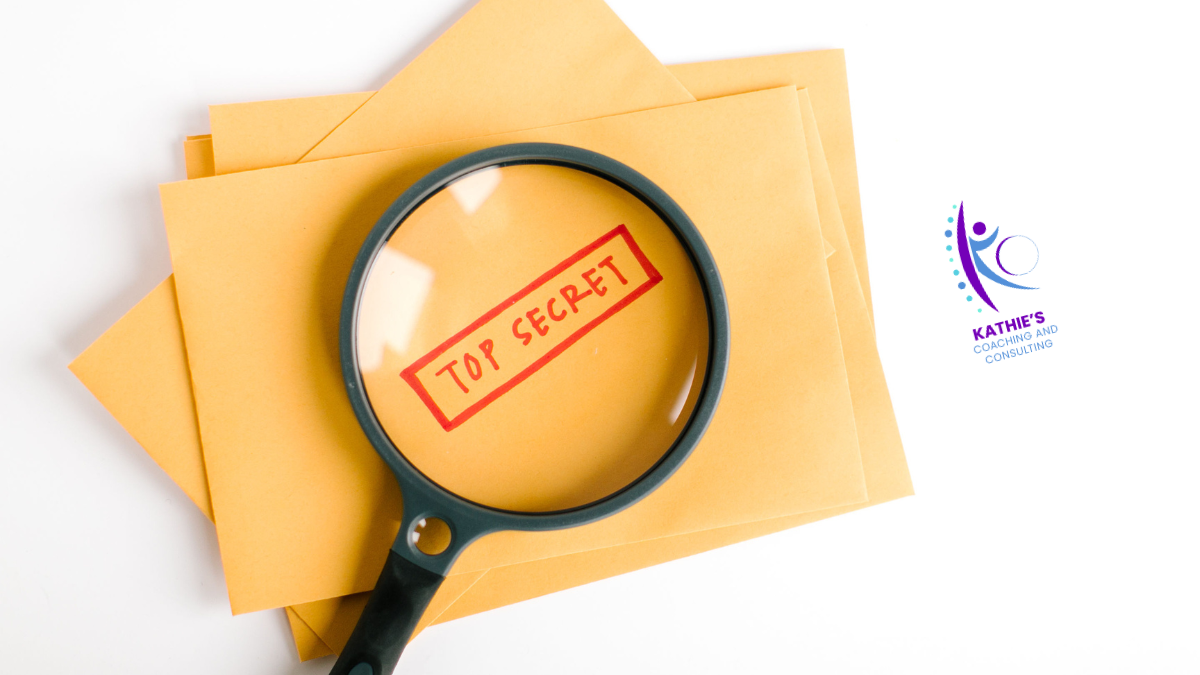The Essential Leadership Skills Every Corporate Team Member Needs
In the dynamic landscape of the corporate world, the transition from being a team member to a leadership role can be both exhilarating and daunting.
As corporate wellness professionals dedicated to nurturing leadership skills, we understand the importance of equipping individuals with the essential competencies to thrive in their leadership journey. 🌟
Statistics
Leadership Succession Planning
Succession planning remains a priority for organizations, yet many struggle with it. According to a survey by Deloitte, only 14% of companies believe they effectively develop leaders at all levels, highlighting the need for more robust leadership development initiatives.
Skills We Might Want to Master in Leadership
Whether you're aspiring to lead a team or preparing for a leadership role, here are the key skills you need to master:
#1. Effective Communication 🗣️
At the heart of effective leadership lies the ability to communicate clearly and concisely.
Leaders must articulate their vision, provide constructive feedback, and actively listen to their team members. Effective communication fosters trust, promotes collaboration, and ensures alignment towards common goals.
#2. Empathy and Emotional Intelligence ❤️
Empathy is the cornerstone of strong leadership. Leaders who empathize with their team members build meaningful connections, understand diverse perspectives, and cultivate a supportive work environment.
Emotional intelligence enables leaders to regulate their own emotions and navigate interpersonal dynamics with empathy and sensitivity.
#3. Strategic Thinking and Decision-Making 🧠
In today's fast-paced business environment, leaders must possess strategic acumen to navigate complex challenges and seize opportunities.
Strategic thinking involves anticipating future trends, analyzing data, and devising innovative solutions. Decisive leaders make well-informed decisions, even in high-pressure situations, based on a thorough understanding of risks and rewards.
#4. Problem-Solving Abilities 🛠️
Effective leaders are adept problem solvers who approach obstacles as opportunities for growth. They employ critical thinking skills to identify root causes, brainstorm creative solutions, and implement actionable plans.
By fostering a culture of problem-solving within their teams, leaders empower individuals to overcome challenges collaboratively.
#5. Adaptability and Resilience 🌱
In an ever-evolving business landscape, adaptability is paramount for leadership success. Leaders must embrace change, navigate ambiguity, and pivot when necessary to stay ahead of the curve. Resilient leaders bounce back from setbacks, learn from failures, and inspire their teams to persevere amidst adversity.
#6. Visionary Leadership and Strategic Alignment 🌐
Great leaders inspire others with a compelling vision of the future and rally their teams around shared objectives. They align individual efforts with overarching goals, foster a sense of purpose, and empower team members to contribute meaningfully towards realizing the vision. Visionary leadership fuels innovation, drives growth, and cultivates a sense of collective ownership.
#7. Effective Delegation and Team Empowerment 🤝
Leaders recognize the importance of delegation in maximizing team efficiency and fostering professional growth. By delegating tasks strategically, leaders empower team members to take ownership of their responsibilities, develop new skills, and contribute their unique talents to the collective success of the team.
#8. Inspirational Motivation and Coaching 🌟
A hallmark of effective leadership is the ability to inspire and motivate others towards peak performance. Inspirational leaders lead by example, recognize and celebrate achievements, and provide mentorship and coaching to nurture the potential of their team members.
By fostering a culture of continuous learning and growth, leaders cultivate a high-performing team that thrives on excellence.
#9. Ethical Leadership and Integrity 🛡️
Leadership is not just about achieving results; it's about doing so with integrity and ethical conduct. Leaders who uphold high ethical standards earn the trust and respect of their team members, clients, and stakeholders. They demonstrate honesty, transparency, and accountability in their actions, serving as ethical role models for others to emulate.
#10. Self-Reflection and Continuous Improvement 🔄
Last but not least, effective leaders engage in ongoing self-reflection and seek opportunities for personal and professional growth. They welcome feedback, embrace learning experiences, and strive for continuous improvement.
By investing in their own development, leaders inspire others to embark on their own journey of self-discovery and growth.
Conclusion
The journey from team member to leader is marked by a continuous quest for mastery and personal growth.
By honing these essential leadership skills—effective communication, empathy, strategic thinking, problem-solving, adaptability, visionary leadership, delegation, motivational coaching, ethical conduct, and self-reflection—individuals can embark on their leadership journey with confidence and resilience.
Remember, leadership is not a destination but a transformative journey of growth, impact, and inspiration. 🚀
Kathie Owen, Corporate Wellness Professional





















A leadership coach shares her personal journey of being fired for speaking up against toxic workplace culture, drawing parallels with Ted Lasso's themes of authentic leadership and courage. Her story illustrates how challenging systemic dysfunction often comes at a cost—but leads to greater freedom. #WorkplaceCulture #Leadership #TedLasso #ToxicWorkplace #CareerGrowth